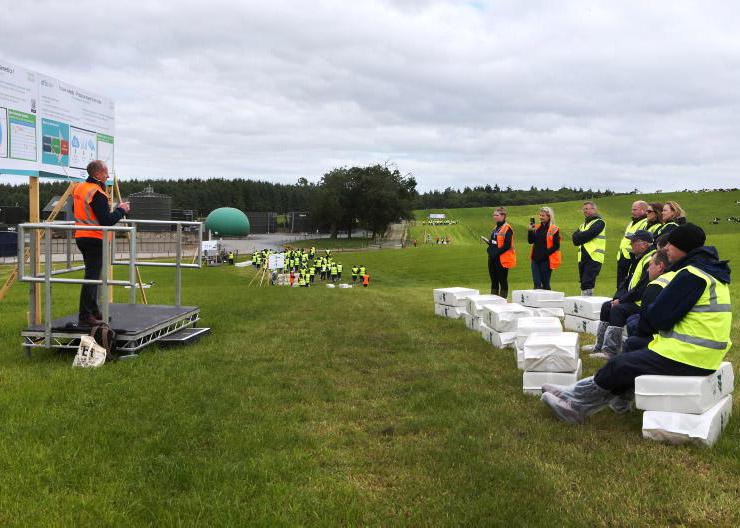“Almost all” national greenhouse gas (GHG) emission inventories have been underestimating methane emissions from the energy sector, the International Energy Agency (IEA) has said in its Global Methane Tracker report.
The average value of these reported figures is on average 70% lower than the actual emissions from the energy sector, said IEA executive director Fatih Birol after the report’s release.
Methane is a GHG to which agriculture is the largest contributor globally. The energy sector follows as the second higher emitter of the GHG, emitting 40% of methane caused by human activity, according to the report.
Tracking emissions
The recording of large leakages of methane from facilities extracting and processing oil and gas has only been made possible with the use of satellites, the agency said.
Other leakages may occur when methane produced when refining oil escapes the system without being flared
These leakages arise when methane extracted for use as natural gas is vented from the system – either unintentionally or before maintenance works are carried out.
Other leakages may occur when methane produced when refining oil escapes the system without being flared (burned into the less=potent carbon dioxide GHG).
As ceasing the practice of venting and capturing the gas would provide a saleable energy product, a reduction in these methane emissions would have a net cost of zero, the IEA said.
‘Wasteful’
Significant leakages of the gas had been detected in fossil fuel operations located across some 15 countries, with one single country – Turkmenistan – responsible for more than one third of these leaks, the IEA head stated.
The climate adviser to the White House has said that reducing these “wasteful” leaks provides the quickest route to lowering methane emissions and mitigating global warming.
“Cutting methane pollution is the fastest way to mitigate climate change, and cutting wasteful venting, leaking and flaring from oil and gas systems is the fastest way to cut methane,” stated US Special Presidential Envoy for Climate John Kerry.









SHARING OPTIONS